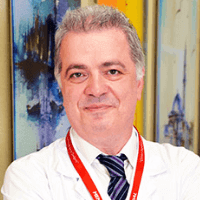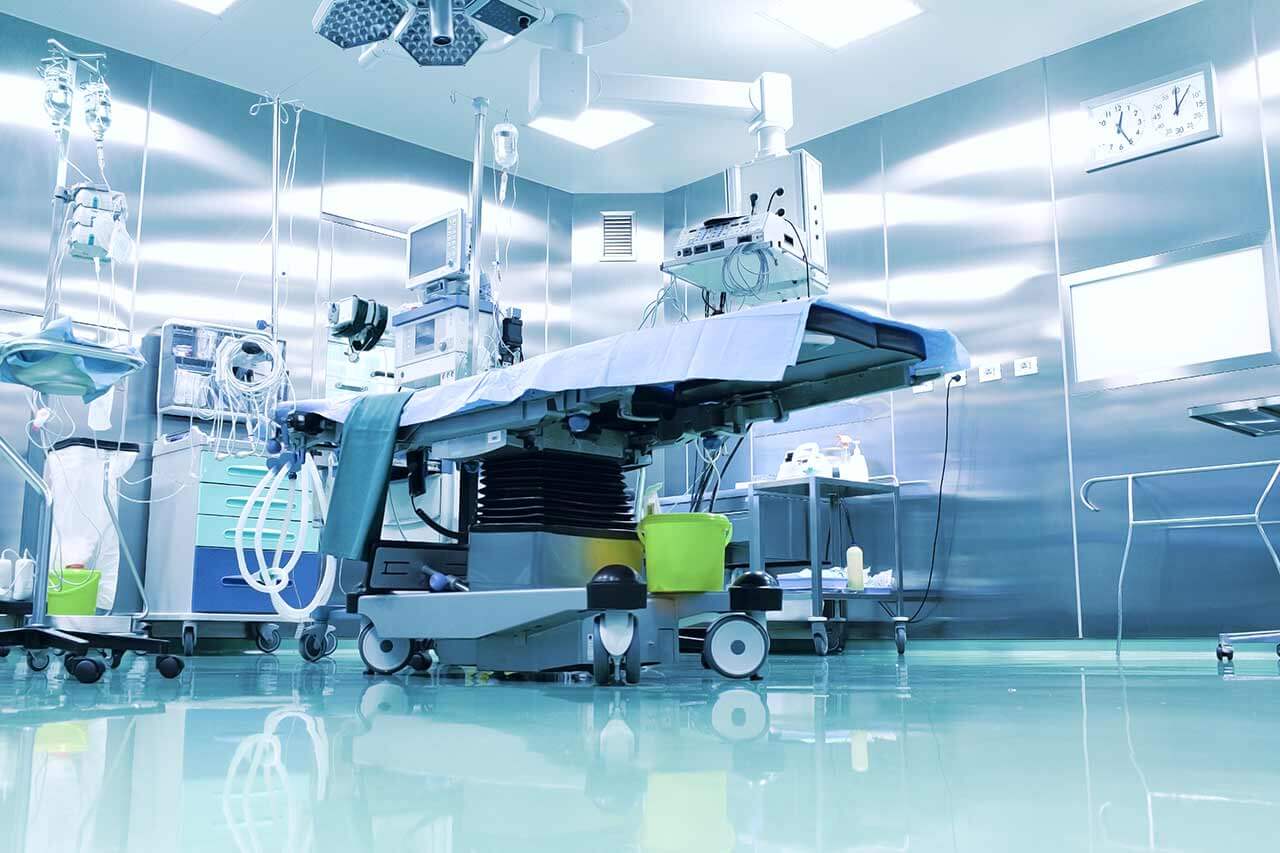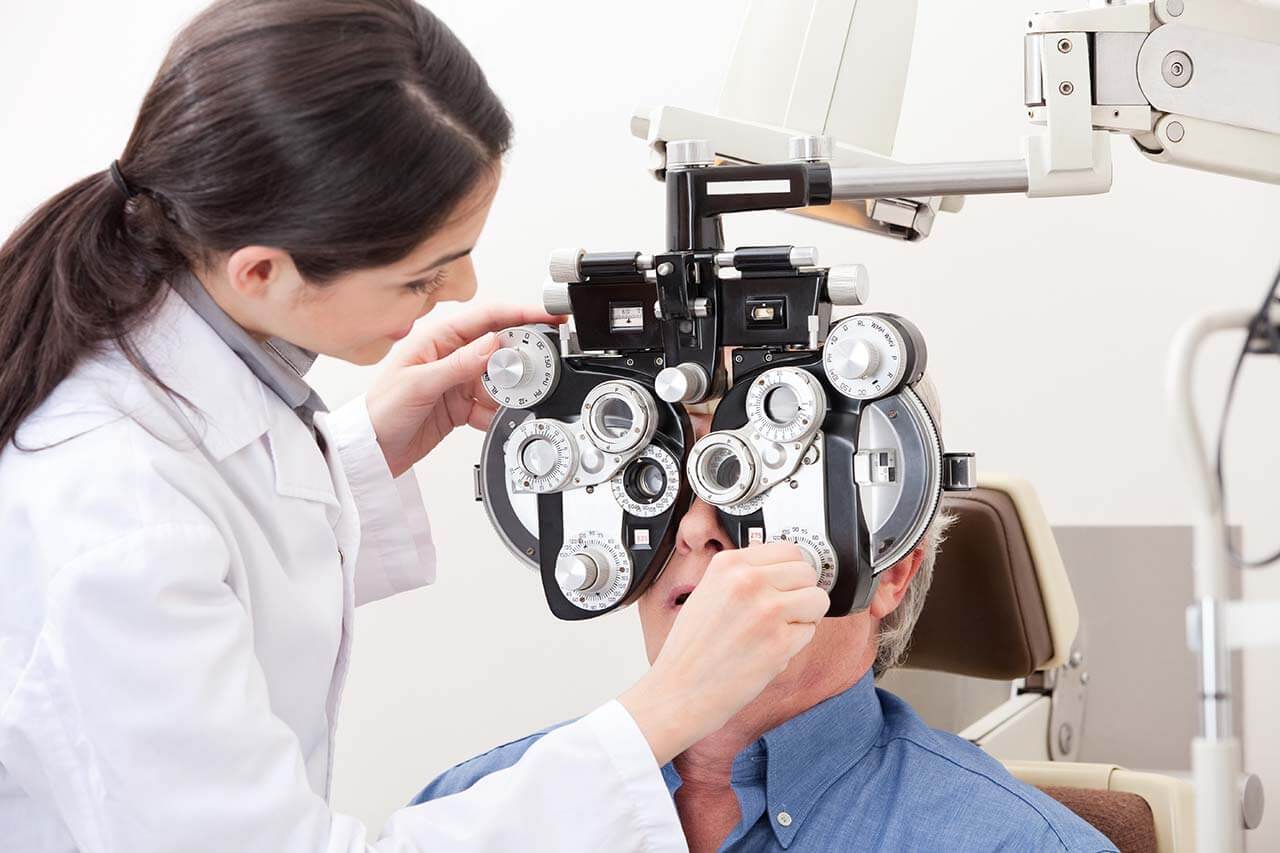
The program includes:
- Initial presentation in the clinic
- clinical history taking
- review of medical records
- cardiological examination
- physical examination
- laboratory tests:
- complete blood count
- general urine analysis
- biochemical analysis of blood
- TSH-basal
- inflammation indicators
- indicators blood coagulation
- measurement of arterial blood pressure
- electrocardiogram
- holter monitoring (24h)
- echocardiography
- preoperative care
- surgical treatment of total anomalous pulmonary
venous connection (TAPVC) - symptomatic treatment
- control examinations
- cost of essential medicines and materials
- nursing services
- full hospital accommodation
- explanation of future recommendations
Required documents
- Medical records
- Echocardiography (if available)
Service
You may also book:
 BookingHealth Price from:
BookingHealth Price from:
About the department
The Department of Cardiac Surgery and Vascular Surgery at the Memorial Sisli Hospital Istanbul offers the full range of surgical treatment of cardiovascular diseases, with the exception of heart transplant. The high professionalism of the team of the department's surgeons in combination with advanced equipment allows them to perform the most complex cardiac interventions, including the reconstruction of heart valves and coronary vessels. Due to the presence of state-of-the-art surgical equipment in operating rooms, most interventions on the heart and blood vessels are performed without thoracotomy and extensive surgical access, which contributes to rapid recovery after surgery. The department's specialists most often perform coronary artery bypass grafting, operations to correct heart valve defects and congenital heart defects in adults. The department annually performs more than 1,000 cardiac surgical procedures of varying severity. The Chief Physician of the department is Assoc. Prof. Dr. med. Hasan Ardal.
The department's cardiac surgeons cooperate effectively with colleagues from the leading Heart Surgery Centers in Europe and the United States, and therefore they have the opportunity to be the first in Turkey to introduce innovative surgical techniques into clinical practice. For example, the department's specialists became the first in the country who implanted endovascular stents for the treatment of pathological lesions of the large branches of the aorta. In addition, the department's medical team became the first in Turkey in the use of radiofrequency ablation for the treatment of cardiac arrhythmias.
The department’s key focus is on coronary artery bypass grafting for the restoration of blood flow in the coronary arteries in patients with coronary artery disease. The operation can be both planned and urgent. The intervention is carried out under general anesthesia and it lasts 4-6 hours. Depending on the particular clinical case, the doctor chooses coronary artery bypass grafting with the use of a heart-lung machine, without it, or minimally invasive coronary artery bypass grafting. In addition, the department is one of the first in Turkey where coronary artery bypass grafting is performed using the innovative AESOP robotic surgical system. Another specificity of bypass surgery in the department is the use of an infrared scanner for assessment of the condition of the coronary vessels, the quality of the distal anastomosis and the effectiveness of myocardial revascularization. The heart is accessed through the intercostal space on the left, or via dissecting the sternum. The further task of cardiac surgeons is to create a bypass for blood flow. A part of the radial artery, internal thoracic artery or femoral vein can be used for this purpose. After carrying out the necessary surgical procedures, the thoracic wall is sutured. When the operation is completed, the patient is transferred to the Intensive Care Unit, under 24-hour monitoring. The operation must be followed by rehabilitation, which, in most cases, lasts about a month. The duration and intensity of rehabilitation measures largely depend on the age of the patient and his general state. It should be noted that the mortality rate for coronary artery bypass grafting in the department is below 1% – in medical facilities in developed countries, this figure ranges from 1-3%. The probability of infection during surgery is also practically zero.
Heart valve pathologies are also quite common in the department's clinical practice. Cardiac surgeons specialize in mitral, aortic and tricuspid valve replacement. Valve replacement is performed using mechanical and biological prostheses. The main advantage of mechanical valves is their durability, but after the implantation of such prostheses, the patient has to constantly take anticoagulants. The biological prosthesis is made from animal tissue. When installing it, the patient does not require lifelong intake of anticoagulants (the therapy lasts about six months). However, biological valves wear out quickly – their maximum service life does not exceed 20 years. Thus, the age of the patient also plays an important role in the type of heart valve prosthesis.
In the field of vascular surgery, carotid stenosis treatment is of particular importance. The main modern treatment methods for this pathology are stent implantation (the implantation of a stent, which keeps the vessel in a normal state and does not allow it to narrow), carotid endarterectomy and various techniques for replacement of the vessel section using fragments of the patient's own arteries. The choice of a treatment method is based on the results of comprehensive diagnostics, taking into account concomitant diseases, possible contraindications and other factors.
In addition, the specialists in vascular surgery provide effective treatment of varicose veins. If possible, the preference is given to sparing methods – compression therapy, sclerotherapy, laser procedures, etc. However, classic open surgery is required in some clinical cases. Surgical treatment of varicose veins involves stripping or phlebectomy.
The department's key clinical activities include:
- Cardiac surgery
- Coronary artery bypass grafting
- Coronary artery bypass grafting with a heart-lung machine
- Coronary artery bypass grafting without a heart-lung machine
- Minimally invasive coronary artery bypass grafting
- Reconstructive heart valve interventions
- Heart valve replacement surgery
- Mitral valve replacement
- Aortic valve replacement
- Tricuspid valve replacement
- Revision interventions on the heart valves
- Surgical correction of congenital heart defects in adults
- Implantation of pacemakers and defibrillators for arrhythmias
- Coronary artery bypass grafting
- Vascular surgery
- Surgical treatment of aortic aneurysms
- Surgical treatment of carotid stenosis
- Surgical treatment of peripheral arterial occlusive disease
- Surgical treatment of varicose veins (stripping and phlebectomy)
- Other surgical options
Curriculum vitae
Professional Career
- Since 2008 Head of the Department of Cardiac Surgery and Vascular Surgery at the Memorial Sisli Hospital Istanbul, Istanbul, Turkey.
- 2007 - 2008 Cardiac Surgeon, Department of Cardiac Surgery, Private Gaziosmanpasa Hospital, Istanbul, Turkey.
- 2007 Cardiac Surgeon, Department of Cardiac Surgery, Çorlu Dört-D Millet Private Hospital, Turkey.
- 2005 - 2007 Cardiac Surgeon, Department of Cardiac Surgery, ADA Private Clinic, Sakarya, Turkey.
- 2001 - 2004 Cardiac Surgeon, Department of Cardiac Surgery, Koşuyolu Training and Research Hospital, Istanbul, Turkey.
- 2000 - 2001 Cardiac Surgeon, Department of Cardiac Surgery, Sisli Etfal Training and Research Hospital, Istanbul, Turkey.
Higher Education and Postgraduate Training
- 1994 - 2000 Specialized training in Cardiac Surgery, Koşuyolu Training and Research Hospital, Istanbul, Turkey.
- 1986 - 1992 Study of Human Medicine, Faculty of Medicine, Uludag University, Bursa, Turkey.
Memberships in Professional Societies
- Turkish Society of Cardiovascular Surgery.
Photo of the doctor: (c) Memorial Şişli Hospital
About hospital
The Memorial Sisli Hospital Istanbul is the largest and leading medical complex in Turkey, which meets the highest standards of medical care when providing the advanced diagnostics and treatment using the very latest methods. The hospital is part of the Memorial Health Group – it was the first project of this provider of medical services. The medical center opened its doors to the first patient in 2000. The hospital became the first in Turkey and the twenty-first in the world holder of the JCI (Joint Commission International) accreditation certificate. Only the best and the most reputable hospitals in the world medical arena can receive this certificate.
The hospital has 292 beds for patient hospitalization. The surgical treatment is performed in 13 high-tech operating rooms. The medical complex also has 4 intensive care units, 3 state-of-the-art laboratories, specialized centers, including the In Vitro Fertilization Center, the Transplant Center, the Center for Genetic Diseases, the Bone Marrow Transplant Center, the Robotic Surgery Center, the Cancer Center and others.
The hospital has achieved particular success and international recognition in such medical fields as ophthalmology, reproductive medicine, plastic surgery, cardiology and cardiac surgery, transplantology, genetics. The highly qualified doctors who have undergone professional training in the best hospitals in Turkey, Europe and the USA take care of the patients' health. The specialists have a tremendous clinical experience and thousands of saved lives.
It is worth noting that the medical complex has earned a strong reputation not only in Turkey, but also at the international level – the hospital holds consultations, provides diagnostics and treatment for patients from 92 countries.
Image: (c) depositphotos
Accommodation in hospital
Patients rooms
The patients of the Memorial Sisli Hospital Istanbul live in comfortable single or double rooms with all the necessary amenities. The patient rooms are made in a modern design. The standard patient room includes an automatically adjustable bed, a bedside table, a wardrobe for storing personal belongings, a telephone and a TV. Each patient room also has an ensuite bathroom with shower and toilet. The patient rooms have Wi-Fi.
Meals and Menus
The patient and the accompanying person are offered tasty and balanced three meals a day. If for some reason you do not eat all foods, you will be offered an individual menu. Please inform the medical staff about your food preferences prior to treatment.
Further details
Standard rooms include:
Accompanying person
During the inpatient program, the accompanying person can live with the patient in a patient room or a hotel of his choice. Our managers will help you choose the most suitable option.
Hotel
During an outpatient program, the patient can stay at the hotel of his choice. If desired, the patient can stay in a five-star hotel on the territory of the hospital. Our managers will help you choose the most suitable option.




